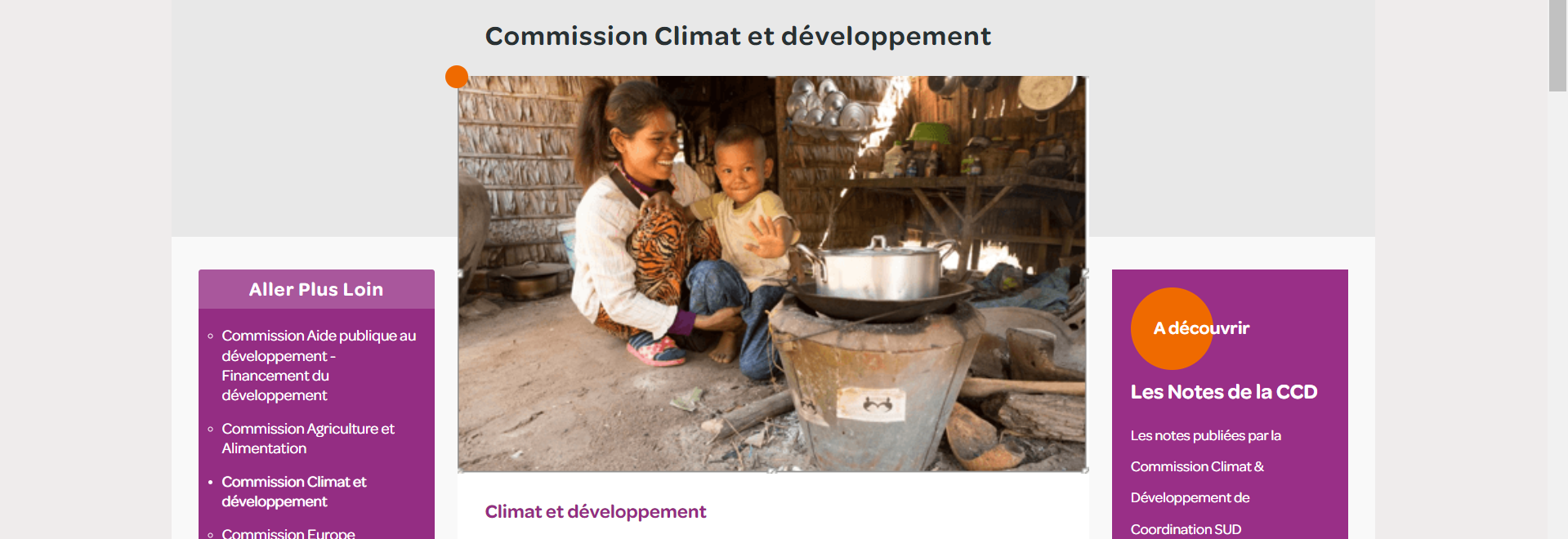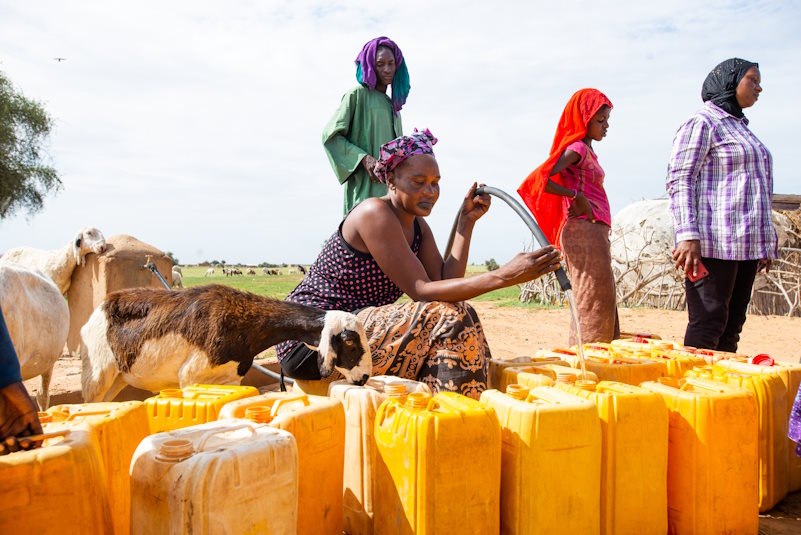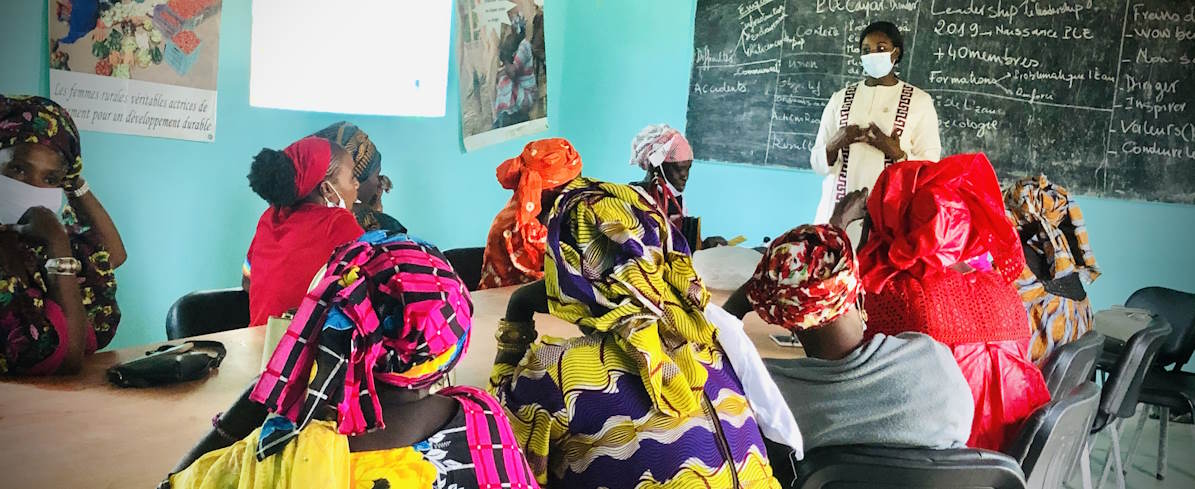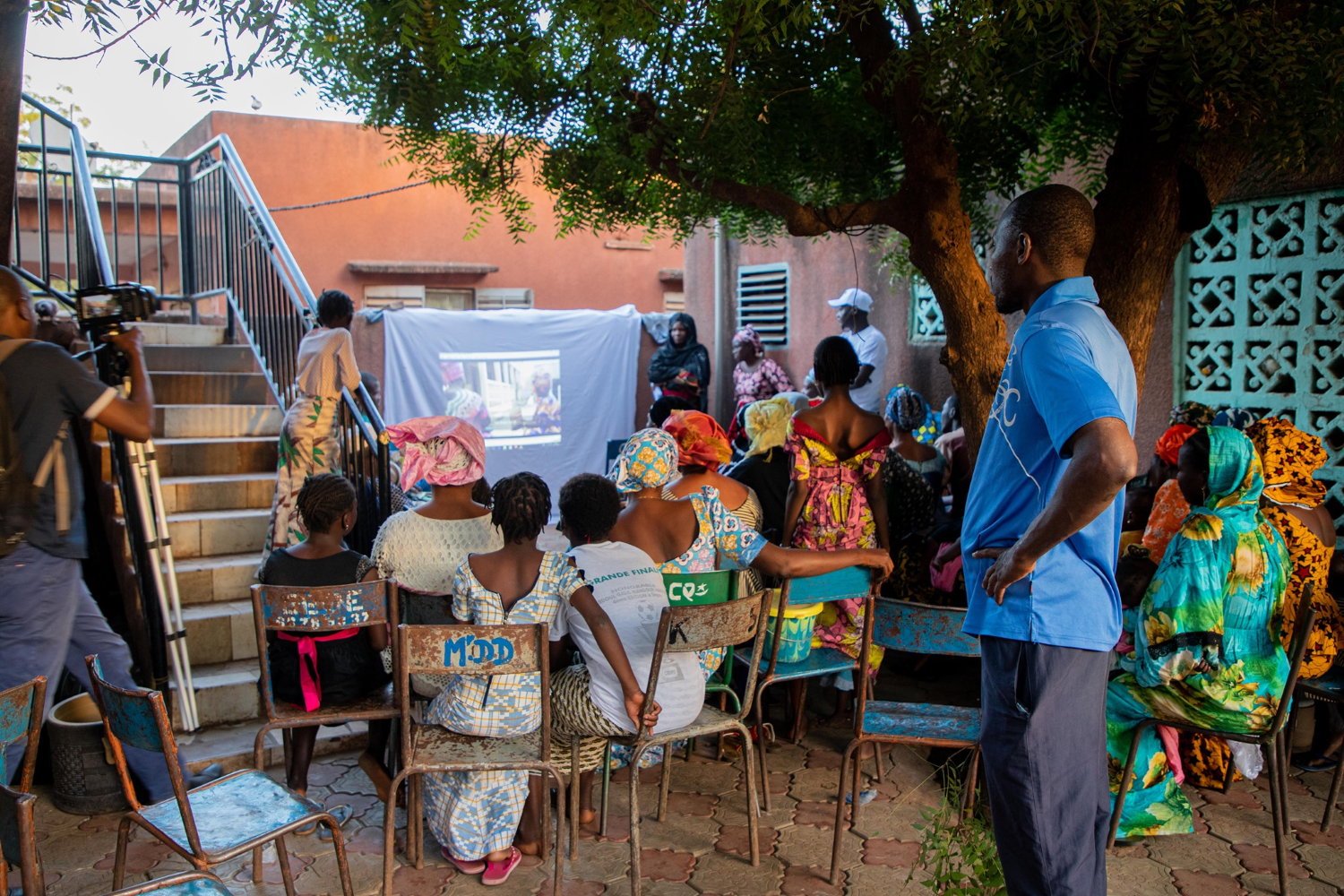The Rio Earth Summit in 1992 was the source of three worldwide working groups, the “United Nations Framework Conventions” in which almost every country in the world participated and still participates. The first was dedicated to climate, the second to biodiversity and the third to desertification. The members of these groups meet at the “Conferences of the parties”, or COPs. In 1997, at COP5 in Kyoto, the Kyoto Protocol was signed, with the ambition of limiting developed countries’ greenhouse gas emissions. However, in light of the constraints imposed and the reticence of some signatories, it took eight years for the Protocol to come into force, in 2005. While action by States was seeking a second wind, former American vice-president Al Gore released the documentary entitled “An Inconvenient Truth” in 2006, to alert States, companies, citizens and territories across the world.
A dedicated commission within Coordination Sud
This is the international context in which GRET conducted a survey among the members of Coordination Sud in 2007 to obtain an overview of French NGOs’ consideration of climate change. After debating the conclusions of the survey, seven NGOs initiated the Coordination Sud Climate and development commission (CDC). In 2010, Agence française de développement co-funded the first Project to support French NGOs’ mobilisation for climate (Pamoc), in order to strengthen the work of this Commission. The CDC made it possible to structure the participation of French NGOs in COP21, which took place in Paris in 2015.
On this occasion, the Paris Climate Agreement was signed, replacing the Kyoto Protocol, which was coming to an end and did not involve all countries (in particular Canada and the United States, two of the largest polluters). Contrary to the Kyoto Protocol, the Paris Agreement, incorporated a long-term vision: limit global warming to 2°C, or even 1.5°C, compared to the preindustrial era. It invited every country to sovereignly define its contribution to this common objective. The fight against climate change was relaunched at last.
Following this new dynamic, the Climate and development commission – coordinated at the time by Geres – continued to stimulate and improve integration of climate issues in development projects.
A variety of actions
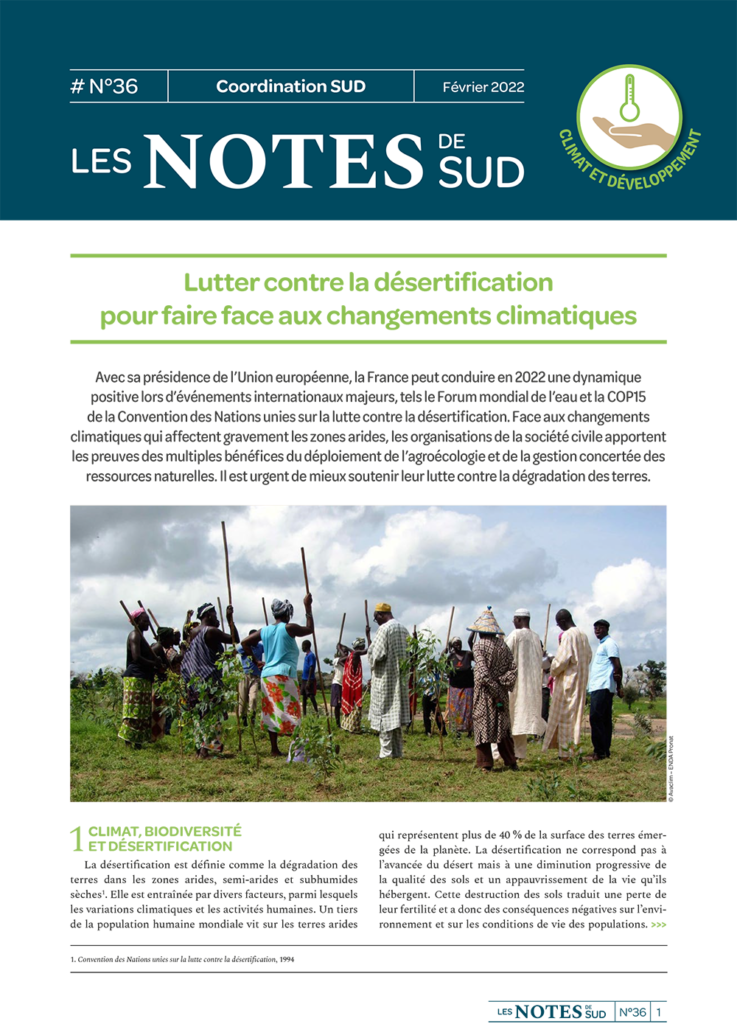
As well as quarterly meetings, the Climate and development commission’s action is carried out using several levers. Firstly, it produces knowledge through its Notes of Sud publication. But it also aims to upskill the various civil society stakeholders in developed and developing countries. The CDC also capitalises on its members’ methods and initiatives through discussion workshops and studies, on monitoring and evaluation, on Societal responsibilities of organisations or adaptation. Lastly, in close collaboration with Réseau Action Climat, the CDC conducts technical advocacy, in particular by publishing a Barometer on the cross-cutting issues of “climate, gender and energy”.
Since January 2022, twelve years after the CDC was set up, GRET has been in charge of facilitating its activities. Forthcoming activities are currently being organised and will have two main areas of focus: stimulating the sobriety of NGOs’ activities and strengthening the inclusion of climate in sectoral projects to collectively contribute to the implementation of the Paris Agreement and underline the urgency reiterated by the Intergovernmental Panel on Climate Change (IPCC).

